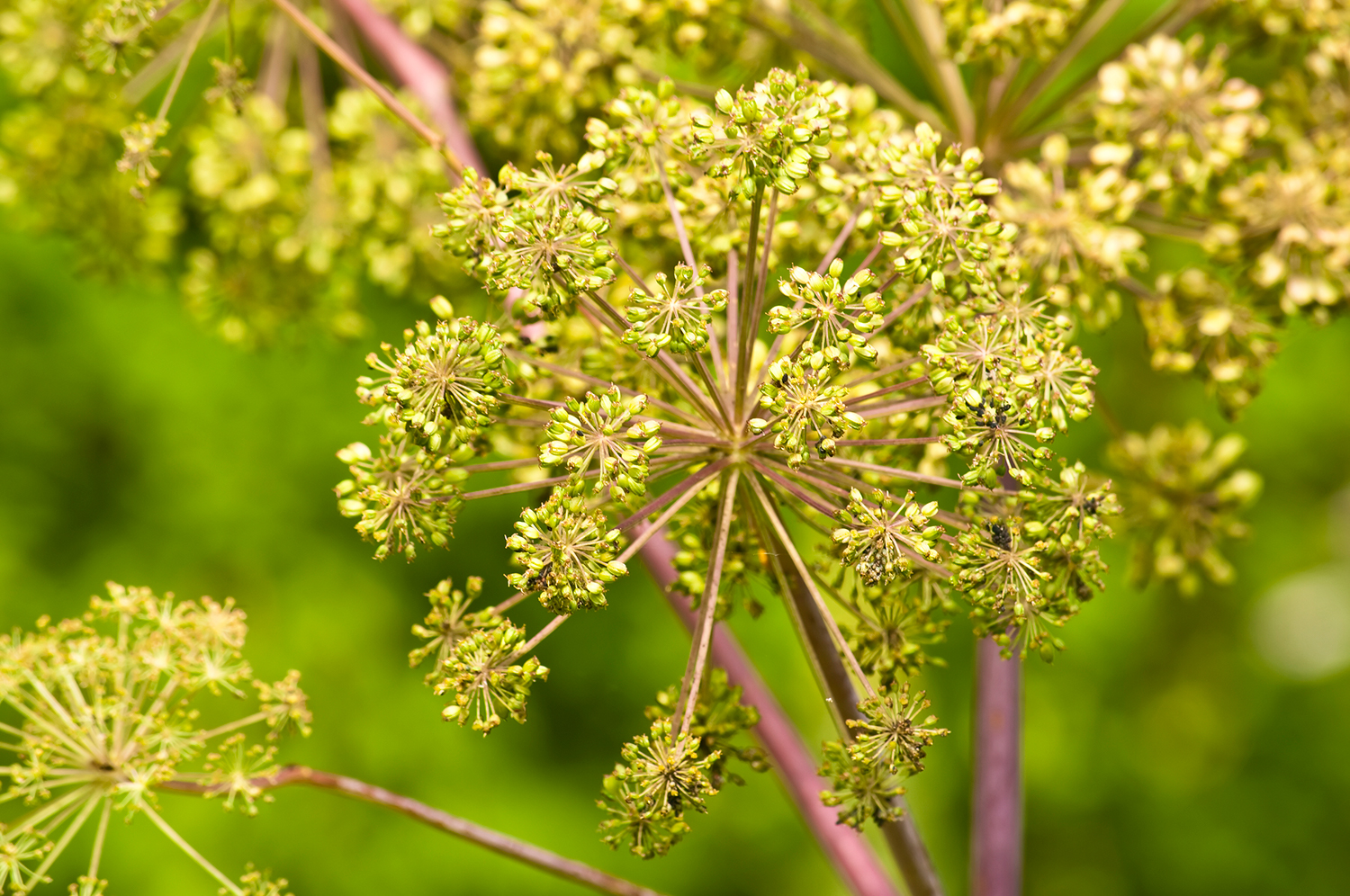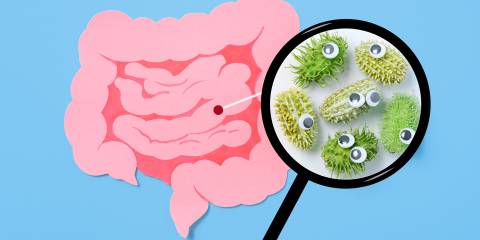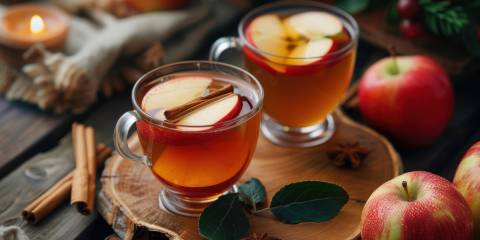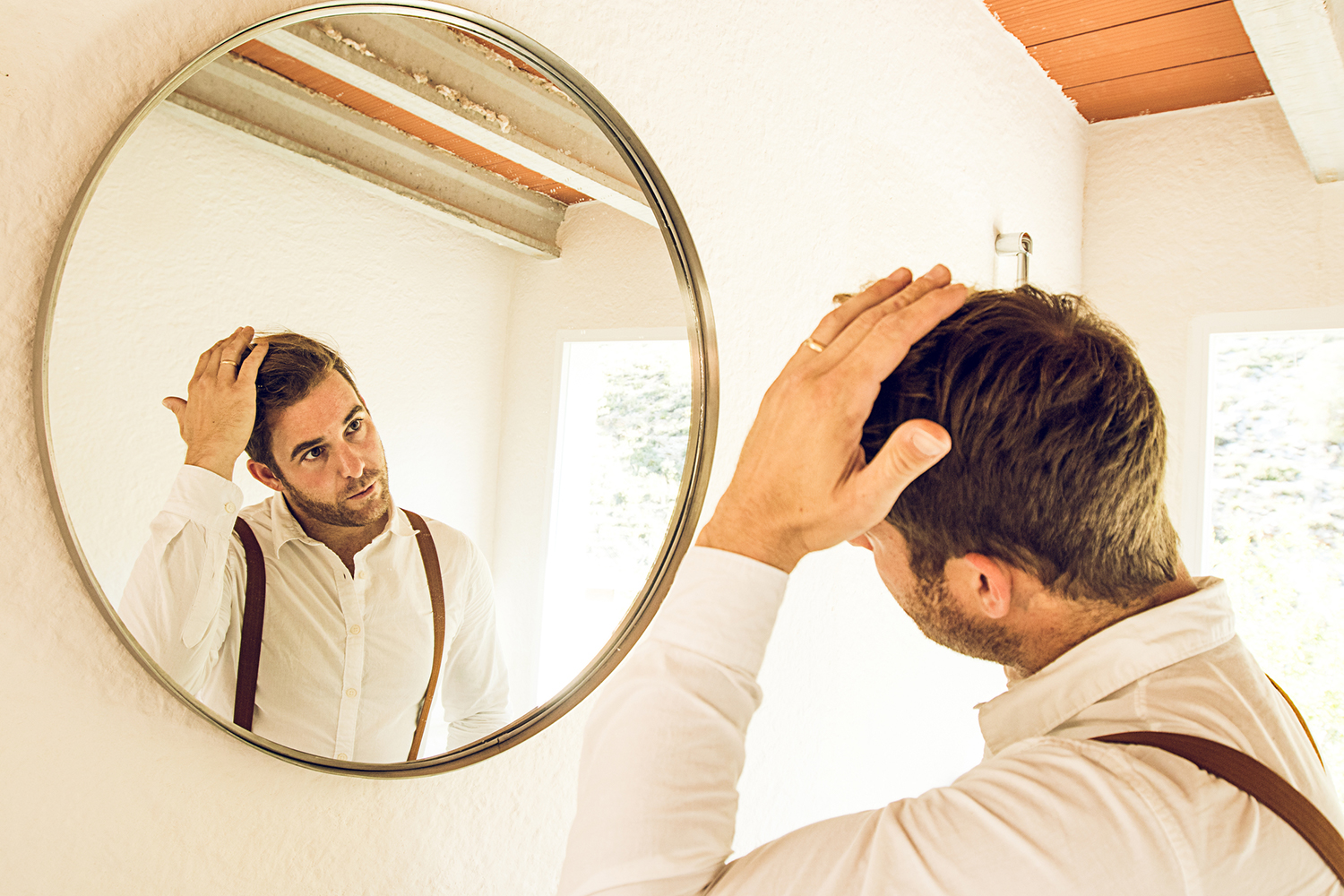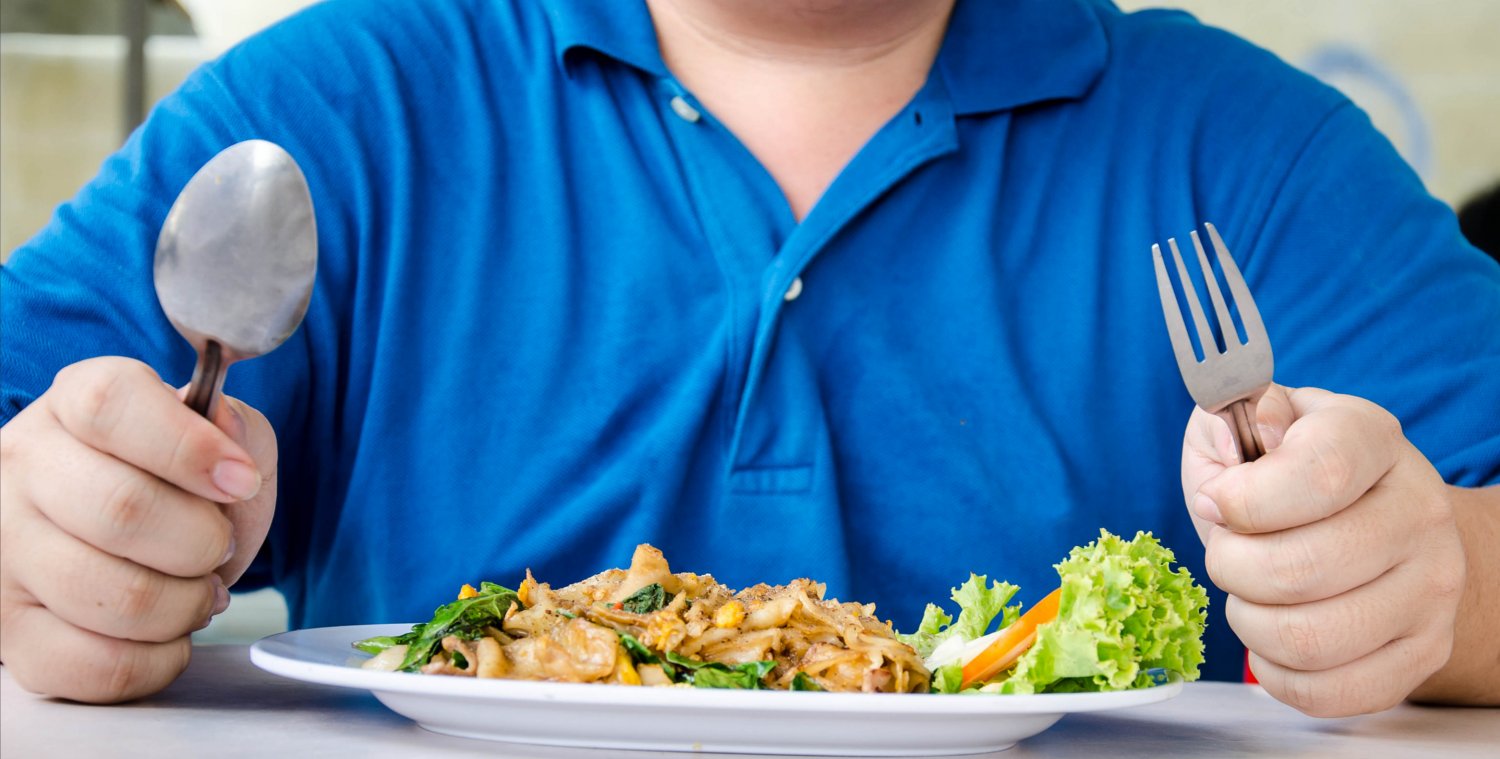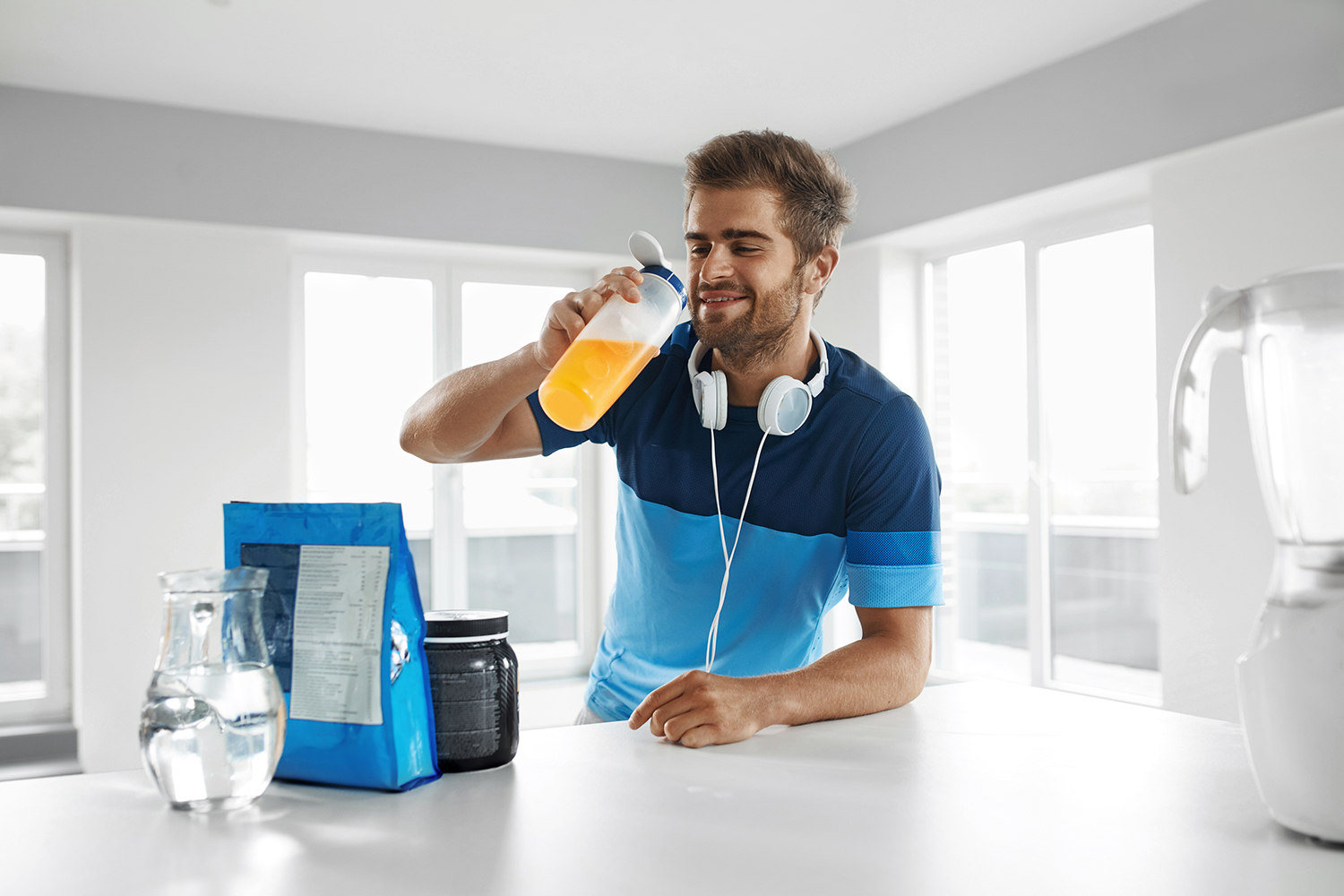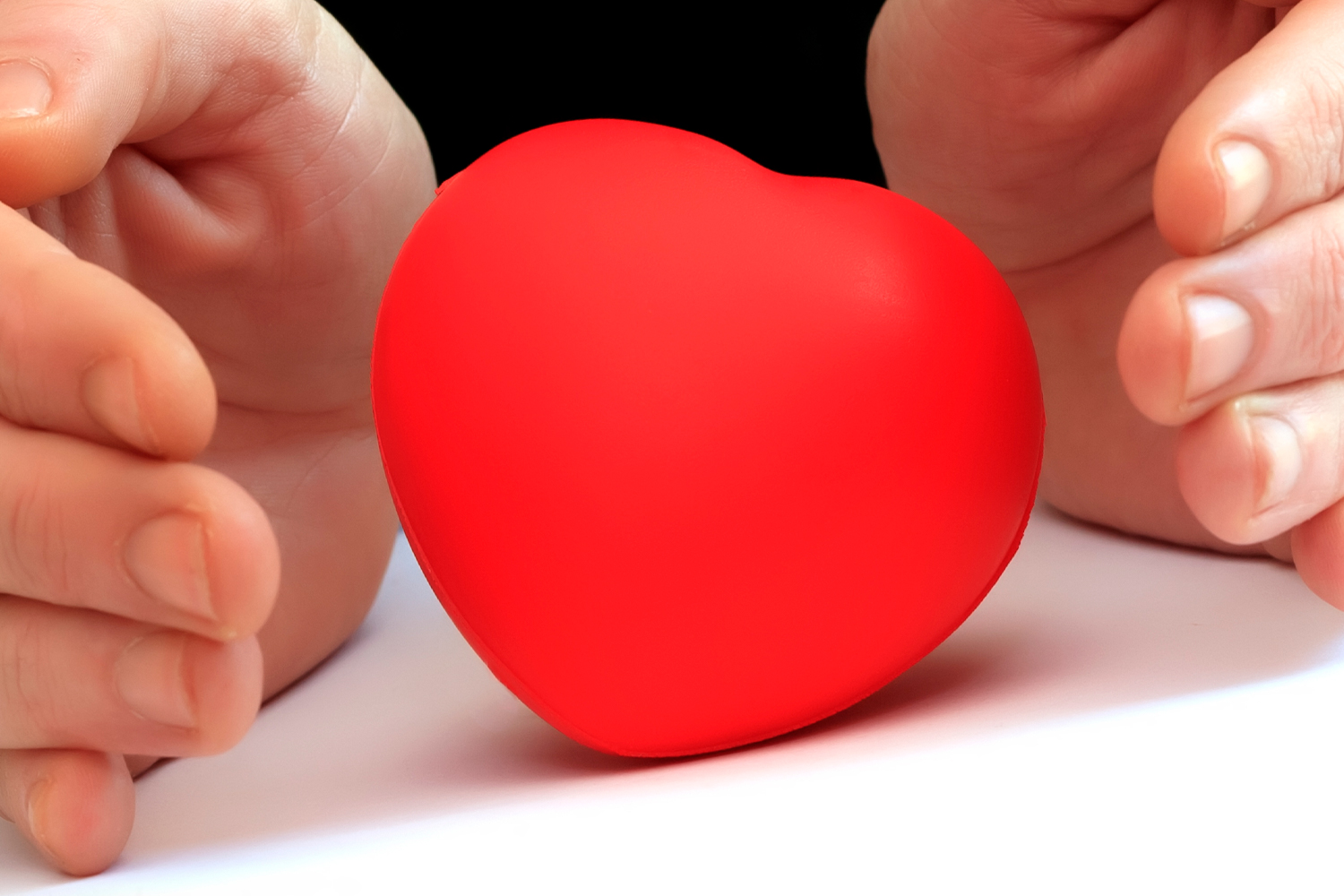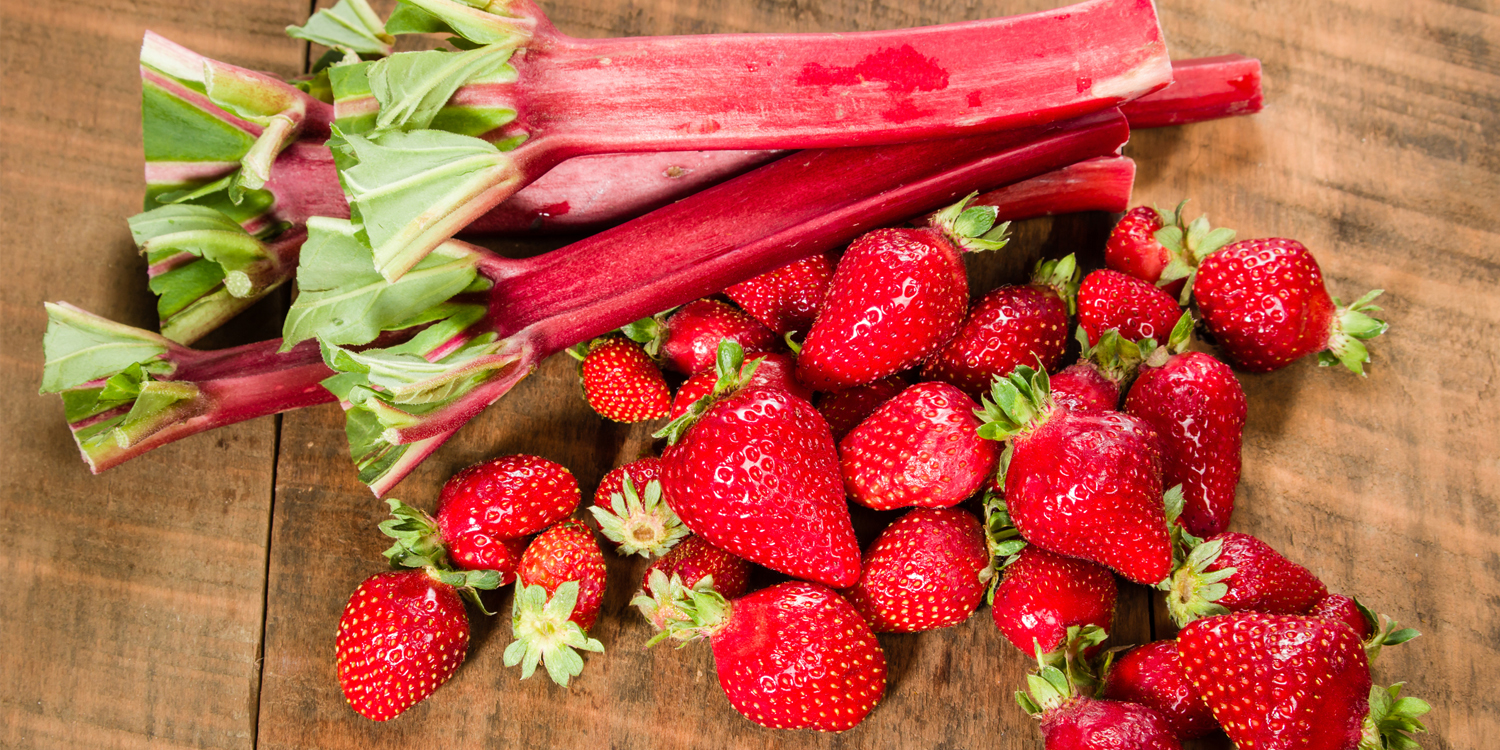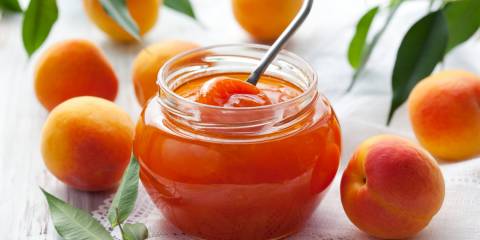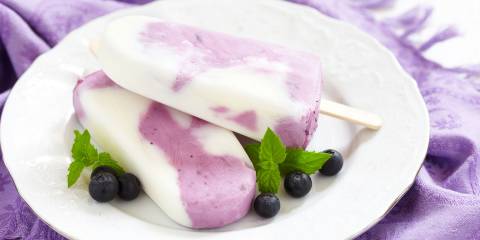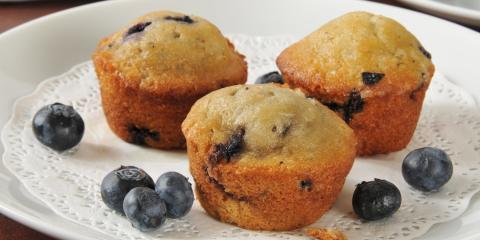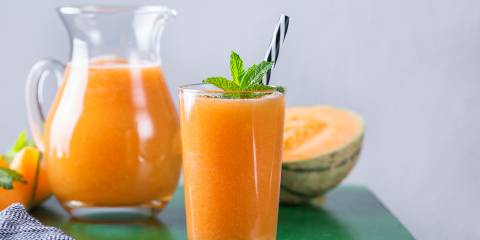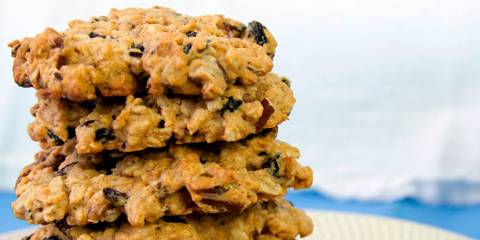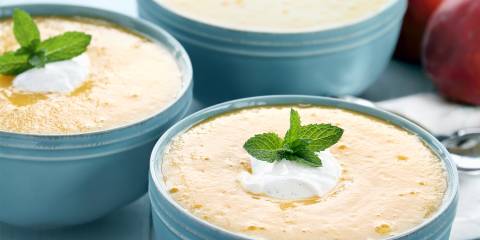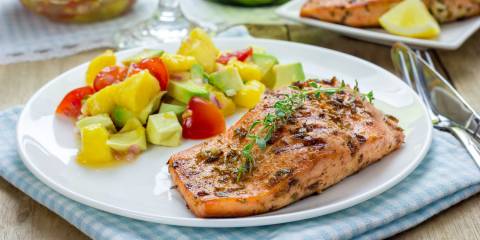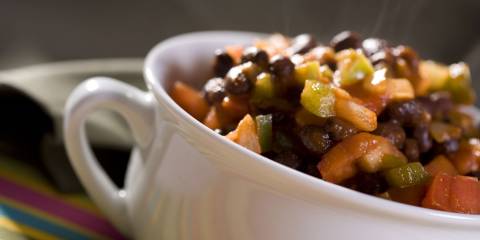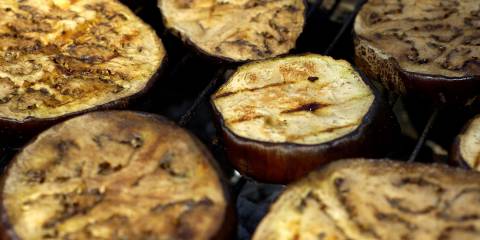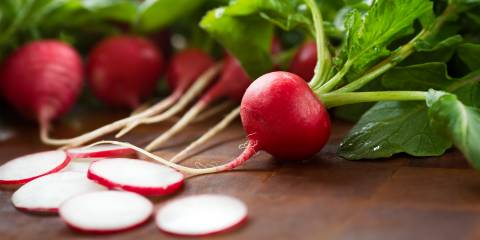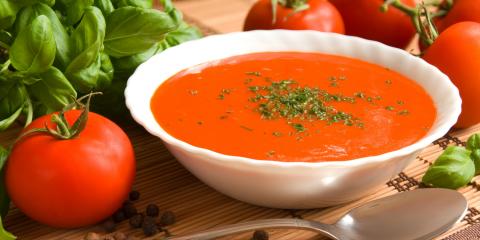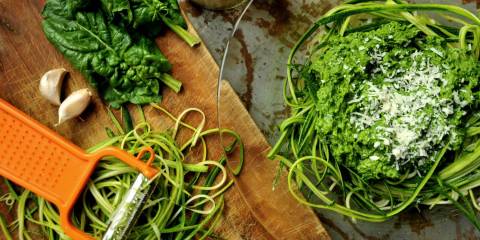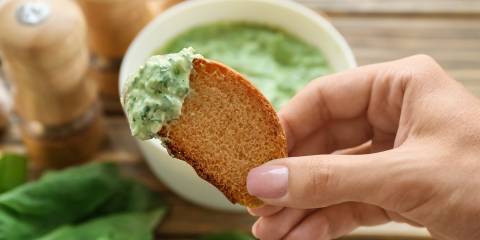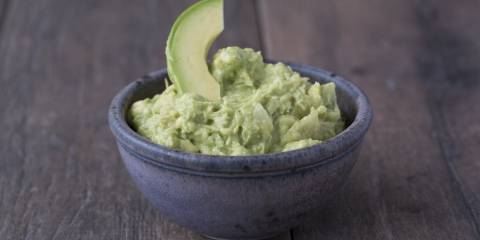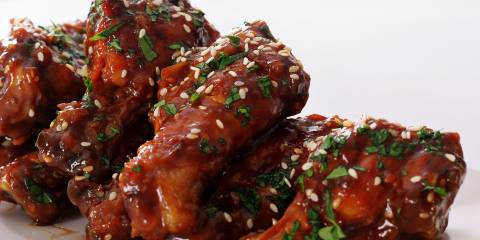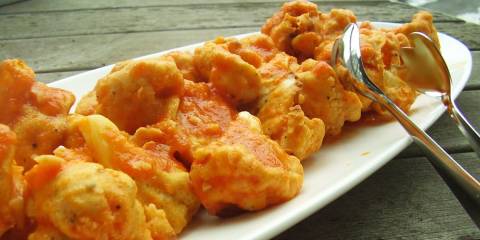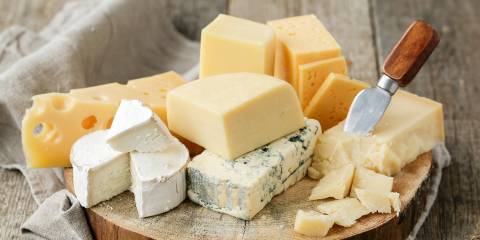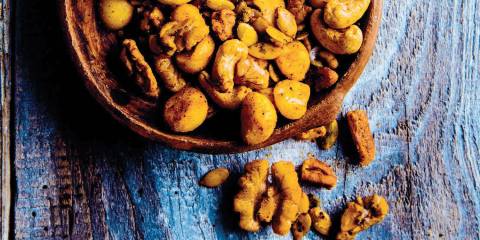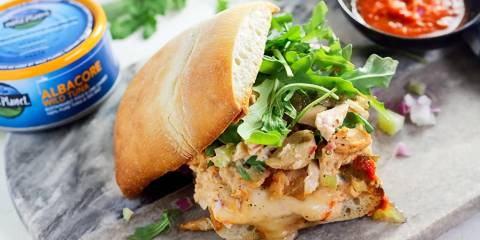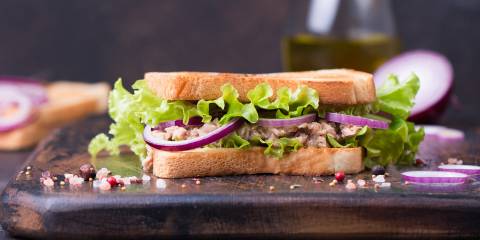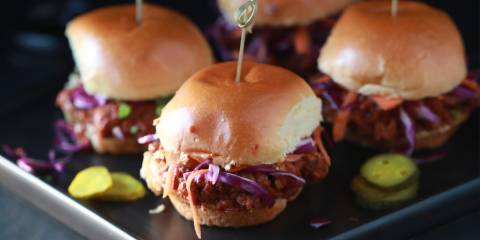A man’s body requires unique support for the prostate and reproductive system as well as overall cardiovascular, energy, and anticancer support.
Alongside a plant-rich diet, exercise, healthy lifestyle habits, and regular medical screenings, consider these remedies for men at any age.
Basic Nutritional Support for Men
Vitamin Deficiencies
Though obtaining nutrients from your diet provides the best support, consider a daily men’s multivitamin/mineral, which will help cover your bases and usually provides supportive men’s health remedies like lycopene and saw palmetto.
- Most Americans are deficient in vitamin D, vitamin E, and magnesium.
- The diets of nine out of 10 Americans don’t provide the recommended levels of potassium and calcium.
- Studies suggest that adequate levels of vitamin D, vitamin E, and lycopene are associated with a modest reduction in prostate cancer risk and biomarkers.
Supplements
Many of these supplements can be found in combination men’s health formulas.
-
Lycopene
A diet rich in the red carotenoid pigment lycopene is associated with a reduced risk of lethal prostate cancer and reduced cancer growth via angiogenesis. As with many prostate-supportive supplements, it seems to work well in combination formulas.
It is found in:
- cooked tomatoes
- goji berry
- guava
- sea buckthorn berry
- watermelon
-
Ashwagandha (Withania somnifera)
In India, the root of this nightshade-family plant is long-believed to give men the strength and virility of a stallion when taken regularly. Studies support its ability to boost testosterone, sperm quantity and motility, muscle mass and strength, and overall vitality while reducing the impact of stress.
-
Saw Palmetto (Serenoa repens)
Benign prostatic hyperplasia (BPH) prevalence rises after age 40 due to hormonal shifts of testosterone into a less helpful form called dihydrotestosterone (DHT), affecting 70 percent of American men age 60–69 and 80 percent of those over age 70. Symptoms include difficult, frequent, and painful urination.
Saw palmetto berry seems to reduce inflammation and the conversion of testosterone into DHT, and is well researched for BHP and lower urinary symptoms with promising though mixed results.
Saw palmetto works better in combination with other herbs and nutrients—selenium, lyocopene, nettle root, pumpkin seed oil—than as a solo approach. In a recent study, the combination of saw palmetto, lycopene, and selenium was as effective as conventional BPH medication.
Look for it in standardized softgel pills.
-
Pumpkin Seeds & Oil (Cucurbita spp.)
Eating pumpkin or squash seeds (also called pepitas) offers the benefits of both the seed oil and their zinc content. Pumpkin seed oil supports prostate and bladder tone while zinc supports sperm production and overall prostate health.
Consider eating a handful of raw pumpkin seeds daily, using pumpkin seed oil in dressings, or looking for it in men’s health supplement formulas.
-
Other Supplements
Additional useful supplements for men include:
- pomegranate
- hawthorn
- turmeric
- ginger
- tribulus
- rosemary
- organic Asian ginseng
